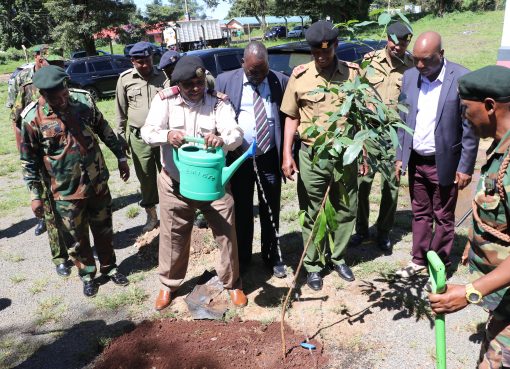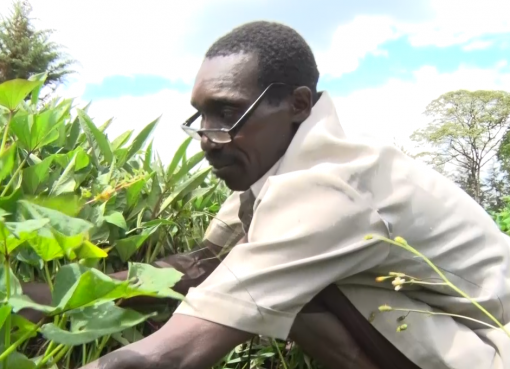Kakamega County has formulated a children’s policy to guide the implementation of welfare programmes for juveniles.
The Children Policy 2023, whose theme is ‘Tutunze Watoto’ outlines four pillars for development of children rights and spells out stringent measures against perpetrators of children rights.
The formulation of the Children Policy 2023 has been developed in collaboration with the National Government, National Children Council, Non-Governmental Organizations, and International Committee for Development of Peoples (CISP) among other partners.
The policy outlines four major pillars involving children survival, their protection development and participation.
Mr. Abdinur Mohammed, the Chief Executive Officer (CEO) of National Children Council applauded Kakamega County for being on the forefront in being responsive to children issues, adding that the policy provides a roadmap for ensuring that children are even more protected.
Mr. Mohammed however, raised his concerns that Kakamega County has recorded the most number of child defilement, but said the new children policy will come in handy to ensure stringent measures are taken against offenders of children rights.
“I urge other counties to take up responsibility and protect our future generation,” he added.
Kakamega Governor Fernandes Barasa, who was chief guest at the launch held at Bukhungu stadium, linked the many cases of child defilement to the high number of birth rates.
The high number of children are therefore prone to early marriages, sexual offences and child abuse.
“The birth rate in Kakamega County is 2.5 per cent, which is 1 per cent more than the National birth rate”, he added.
The Governor said the new children policy aspires to safeguard all the children regardless of their capacity, physical and mental potential they exhibit.
“We urged parents to embrace and love their children equally, even those with both physical and mental challenges,” he added.
Governor Barasa also advised the parents not to put so much pressure on their children to perform beyond their ability, saying this might lead to children seeing themselves as inadequate and failures which may result in children engaging in unwarranted acts or suffer psychological problems.
He lauded efforts by his wife, Prof. Janet Barasa, through her programme dubbed ‘A helping hand to teen mothers in Kakamega’ that has seen several teenagers sponsored back to school to continue with their studies.
Ms. Erica Mascara, a representative of the programme manager at C.I.S.P Kenya concurred that the new policy would provide a framework for execution and coordination of child protection activities within Kakamega County.
The donor partner pledged their full support to ensure sustainability in the implementation of the new children policy.
According to the National Population and Housing Census 2019, 42.81 per cent of Kakamega population comprises of children aged between 5-19 years
Poverty and teenage pregnancies have been cited as some of the challenges facing the youthful population.
By Kenton Ochieng/Evans Mutethia




